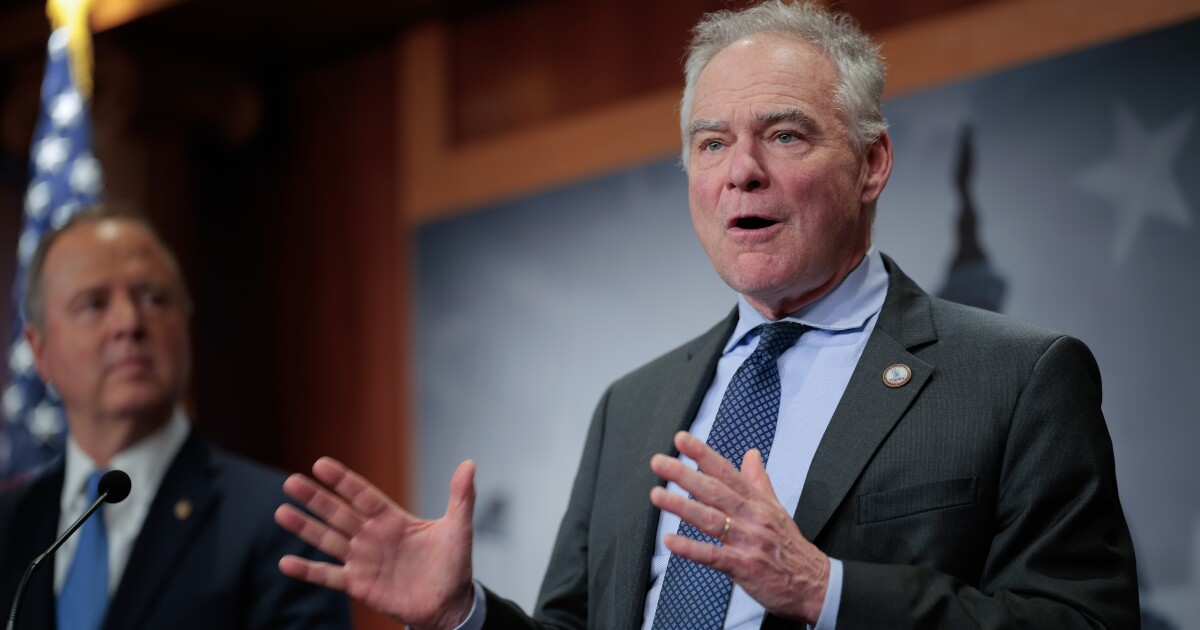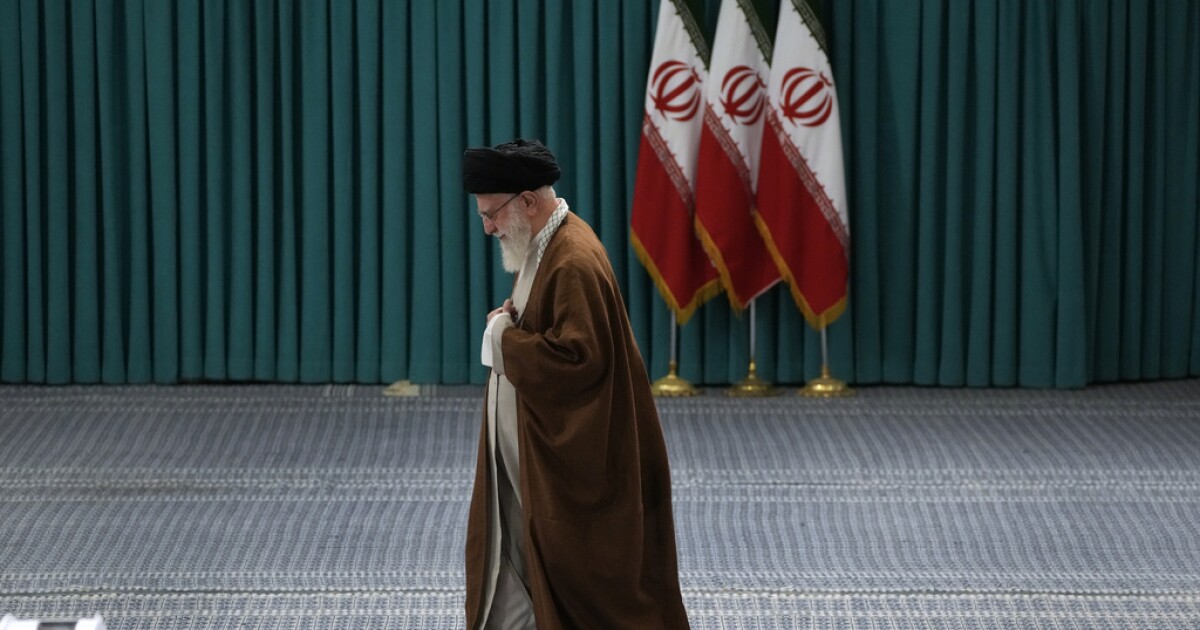HONOLULU — Termed the “gravy train,” a proposal was made by a Hawai‘i state senator to remove tenure for university research faculty. This tenure removal bill, initially unnoticed, has now gained attention amidst the educational challenges since Donald Trump’s presidency. Tenure in U.S. universities, established for over a century, faces unprecedented threats, according to Julie Reuben, a Harvard education historian.
At least 11 states, predominantly Republican-led, have implemented new review levels for tenured faculty, eased the process of firing them, or proposed tenure bans. This occurs alongside Trump-era higher education funding cuts. “It’s the flip side of the same assault,” said Randi Weingarten, president of the AFT, representing 400,000 faculty.
Tenured faculty have more protection compared to their nontenured counterparts, safeguarding them from demotion or dismissal over their views. Without tenure, Mark Criley of AAUP warns that pursuing truth could risk job loss if it makes donors or legislators uncomfortable. A previous survey revealed that 45% of faculty refrained from expressing opinions due to fear of negative attention.
Proponents of tenure reform cite cost reduction as their goal. Nebraska state Sen. Loren Lippincott supports abolishing tenure for new hires, citing unproductive faculty. Other states have linked tenure curbs to faculty political views. Ohio’s recent bill subjects tenured faculty to annual evaluations, including assessments of political bias in classrooms.
Kentucky passed a bill requiring faculty evaluations every four years, potentially firing underperforming tenured professors. Texas saw legislative attempts to end tenure, especially for those teaching critical race theory. Indiana and Arkansas also introduced measures to evaluate tenured faculty productivity, with possible ramifications for failing to meet standards.
Tenure was established in 1915 by the AAUP, ensuring faculty could only be dismissed for cause or financial emergencies. This was in response to earlier firings for teaching evolution, explained Reuben. Despite the push to weaken tenure, faculty argue it’s vital for academic freedom, allowing them to explore controversial topics without fear of retribution.
The move to weaken tenure coincides with declining public trust in higher education. A Gallup poll found only a third of Americans have confidence in colleges. Some faculty argue that tenure isn’t synonymous with lifetime job security. It ensures dismissal only for cause, maintaining professional standards. Critics suggest academic freedom is already protected by the First Amendment.
In Hawai‘i, state Sen. Donna Mercado Kim’s push to ban tenure for certain faculty was met with faculty protests, leading to a compromise involving a task force to review tenure procedures. Tenure supporters emphasize its role in protecting faculty from political pressures, allowing them to teach research-based content without fear of repercussions.
—
Read More Kitchen Table News










